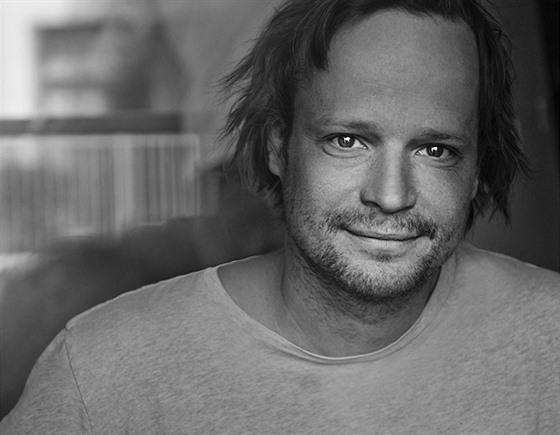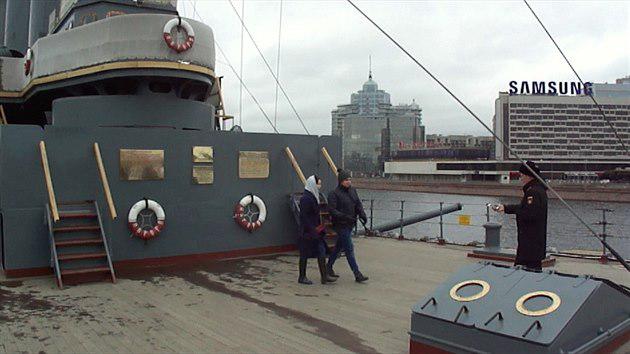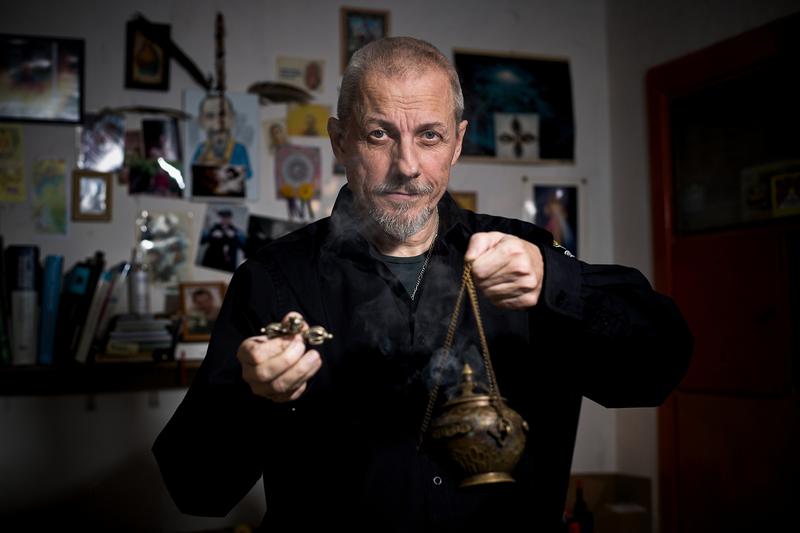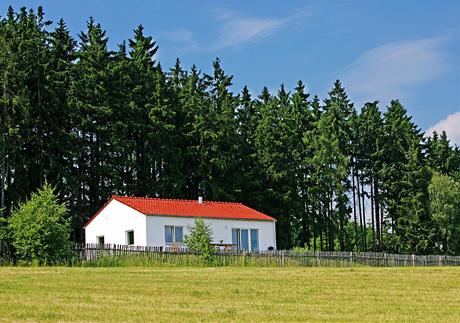
He was able to defend the existence of the Academy of Sciences.
"Rudolf was the first president of the academy after the division of Czechoslovakia. At that time, he faced the difficult task of defending the importance of the existence of such an institution," Havlas goes back to the past.
Read also
Rudolf Zahradník died. The physical chemist and Chancellor Merkel's mentor was 92 years old
At the time, the Academy was attacked for being a relic of the Soviet regime. And this despite the fact that similar research institutions exist all over the world. "The Academy of Sciences was founded in 1953 according to the Soviet model, although its history goes back to the times of Austria-Hungary," says the vice-president of the academy, recalling the arguments of universities at the time:
"They tended to recommend that the academy be abolished and that the money be divided among the colleges and that science be done only there."
Rudolf was finally able to defend the existence of the Academy of Sciences and by the end of his second term of office things were better for the institution. Zdeněk Havlas
So the institution had to prove that it could do world-class research. "And we succeeded and continue to do so. In Rudolf's time, however, this meant that the budget was considerably limited and the institution had to be slimmed down," admits Havlas, adding that in retrospect he evaluates this step as a good one:
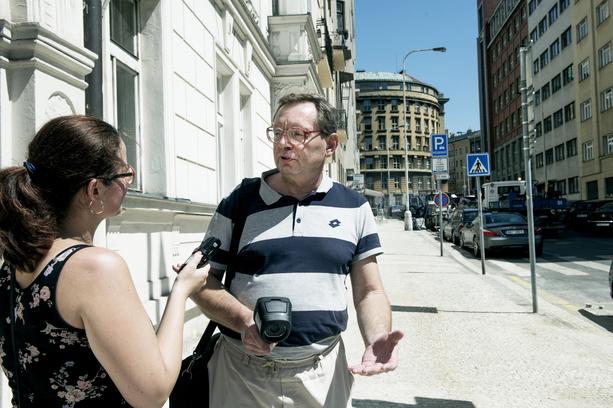
Read also
Quantum chemist Rudolf Zahradník has died. Listen to his interview on Dvojka
“We could say goodbye to those who didn't do science very well and didn't have the prerequisites for it. Thus, the academy slimmed down by almost half, and all institutes underwent a transformation."
"Rudolf was finally able to defend the existence of the Academy of Sciences, and by the end of his second term, things were better for the institution. It became much more productive, it began to fulfill its function as a basic research workplace at the highest level, and it continues to do so today."
Light competition benefits
Without Zahradník's intervention, the level of scientific research in the Czech Republic would be considerably lower. "The coexistence of universities and the academy is very beneficial. Universities prepare PhD students, but we help with their training. Without well-trained staff, the academy would not be able to survive in the future."
Read also
Rudolf Zahradník, the first president of the Academy of Sciences of the Czech Republic, has died. What was the last thing you talked about with Lucía Výborná?
The Academy also helps universities to achieve better scientific results. "And the light competition between both types of institutions means that the quality of science is even higher."
If the Academy of Sciences had been abolished at that time, the universities would probably have taken over the buildings and property, but less so its employees, assumes the chemist Havlas. "Universities probably wouldn't be able to deal with that property and equipment, so it would be a reshuffling of what was once there in the academy."
"That would probably end in a massive exodus of our scientists abroad," suggests Zdeněk Havlas, a scenario that Rudolf Zahradník prevented with his efforts, thus ensuring the flourishing of not only the Academy of Sciences, but the entire Czech science.
Listen to Zdenek Havlas' entire memory of Rudolf Zahradník.

